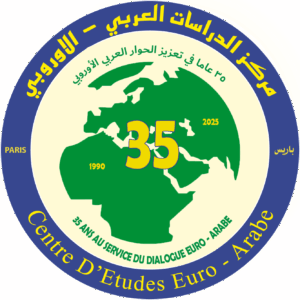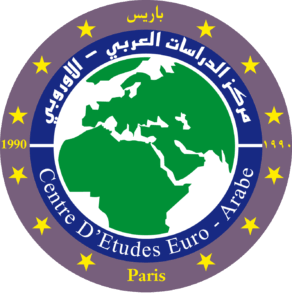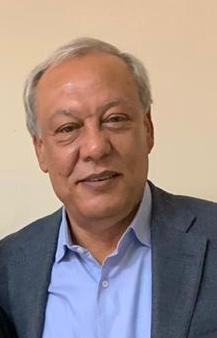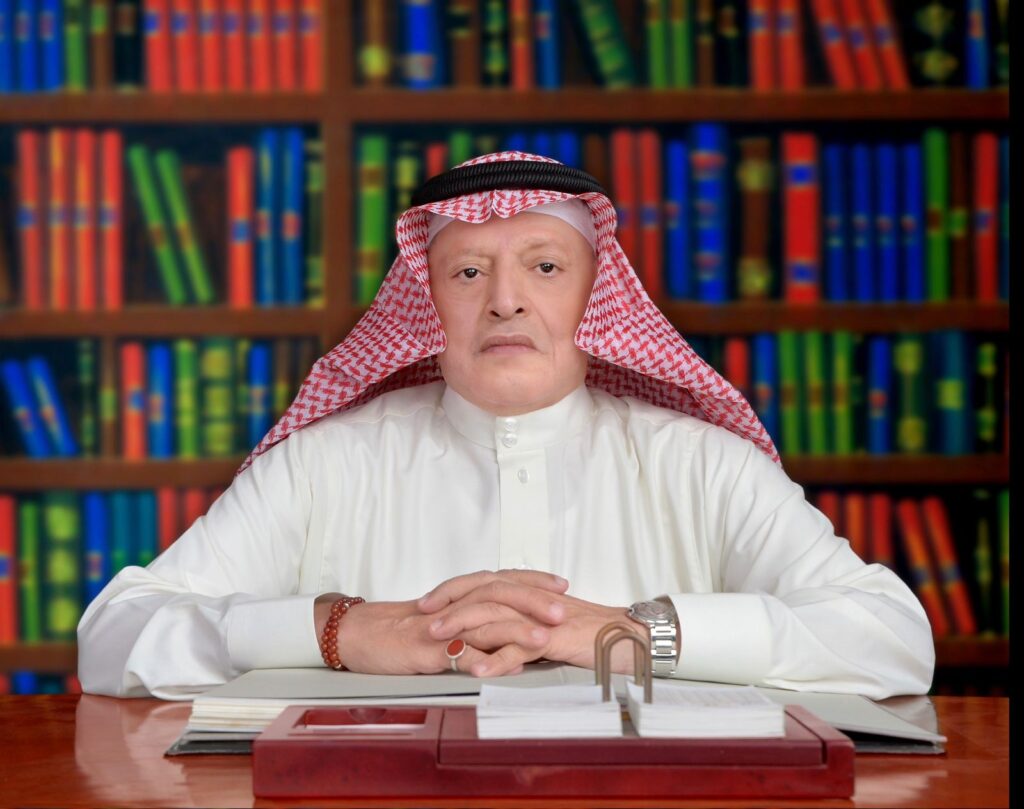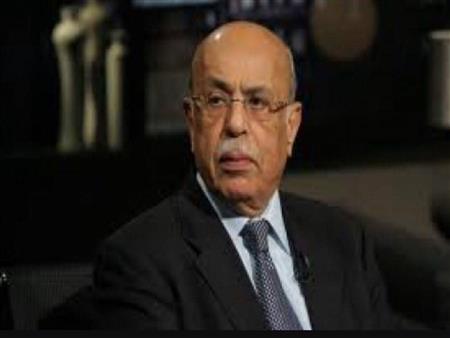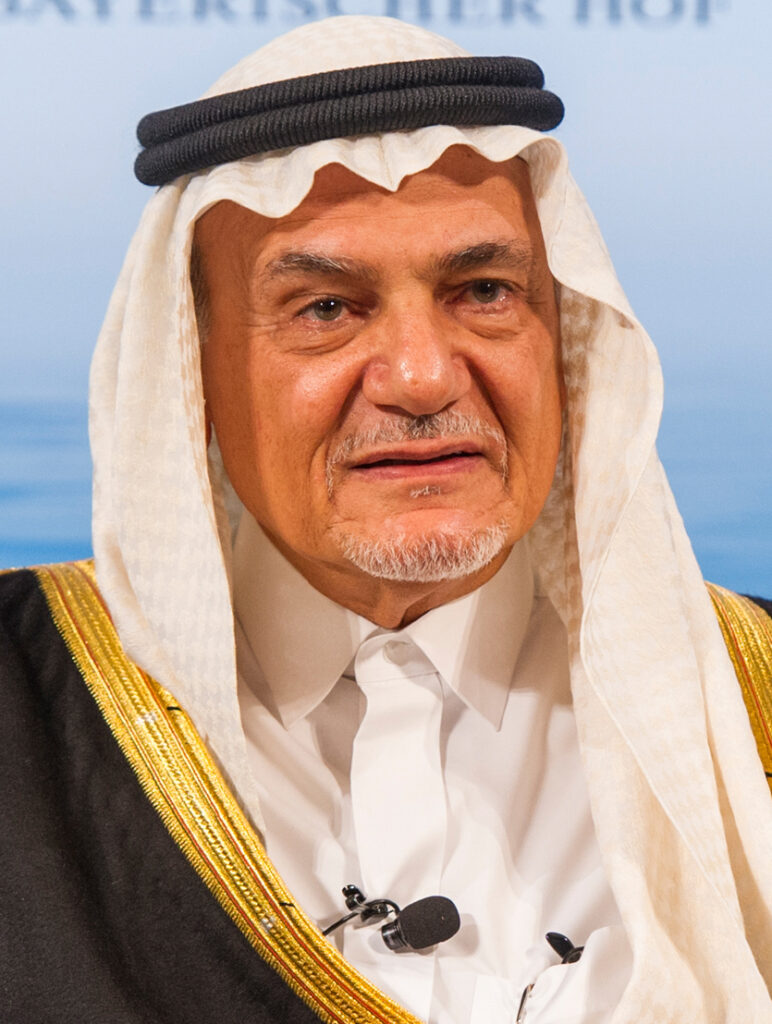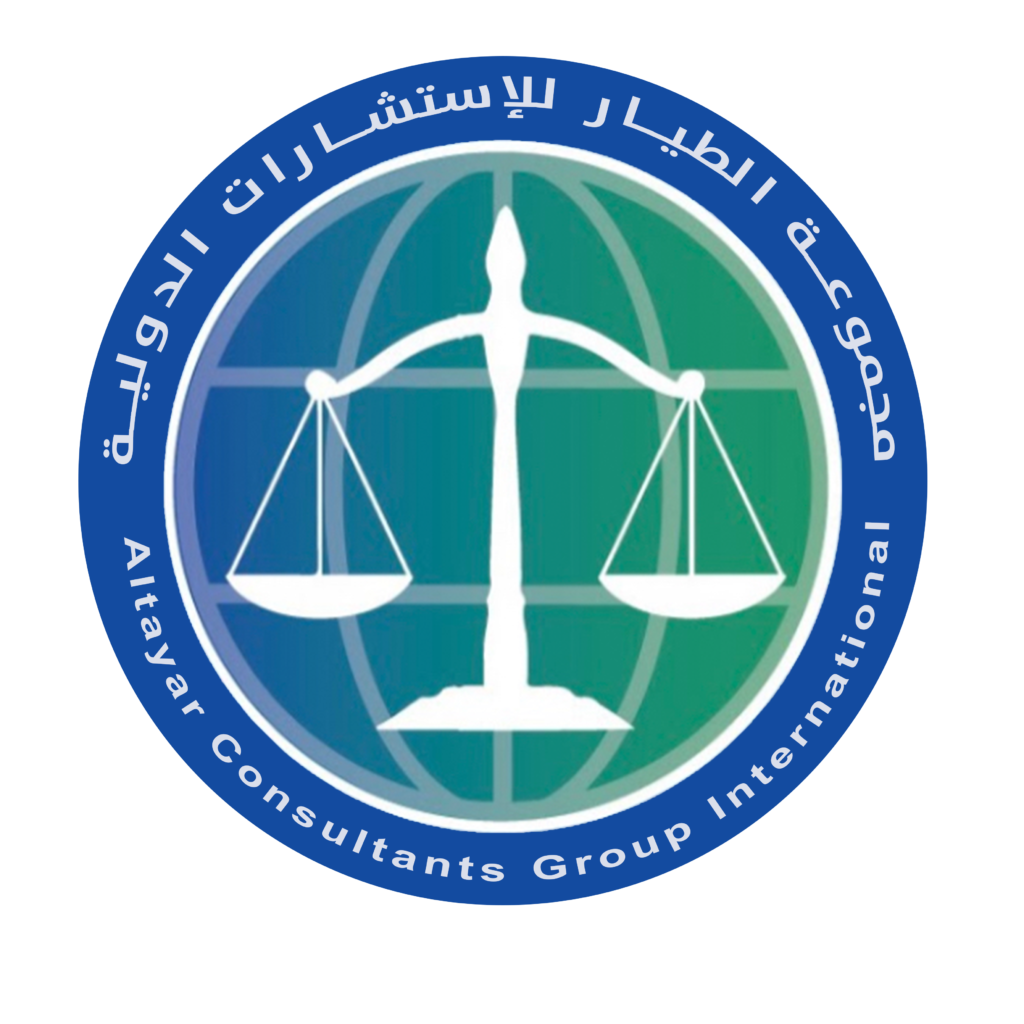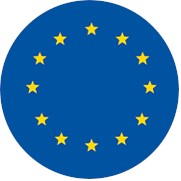The Arab-European Studies Center is an independent, intellectual research institution that, through its scholarly and research activities, seeks to create communication between Arab intellectuals and specialists in these fields, and between them and the issues of their societies, as well as between them and Arab and international intellectual and research centers, in a continuous process of communication, research, critique, and the development of cognitive tools.
The center adopts a developmental vision for Arab societies, committed to the issues of the Arab nation and working towards its advancement and development, based on the understanding that development does not contradict culture and identity, but that the development of a specific society, in all its categories, is not possible except in its historical circumstances, and in the context of its culture, language, and through its interaction with other cultures.
Therefore, the center works to promote systematic scientific research and rationality in understanding the issues of society and the state, by analyzing social, economic, and cultural policies in the Arab world. It goes beyond that to study the relations of the Arab world and its societies with their immediate surroundings, and with the influential global policies, especially European policies in all their aspects.
In light of this vision, the center works to achieve its basic scientific goals through its various academic activities. It produces research papers, studies, and reports, publishes peer-reviewed books and scientific journals, initiates research projects, manages several specialized programs, and holds conferences, workshops, training sessions, and academic seminars on topics related to social and human sciences, directed to specialists and the Arab public as well. Through all of this, it contributes to directing the research agenda towards the major issues and challenges facing the Arab nation and its citizens. The center publishes all its publications in both Arabic and French.
The center employs resident researchers and an administrative staff. It hosts visiting researchers for specific periods of time for the purpose of scientific dedication, and commissions researchers from outside to carry out research projects within its objectives and areas of interest.

